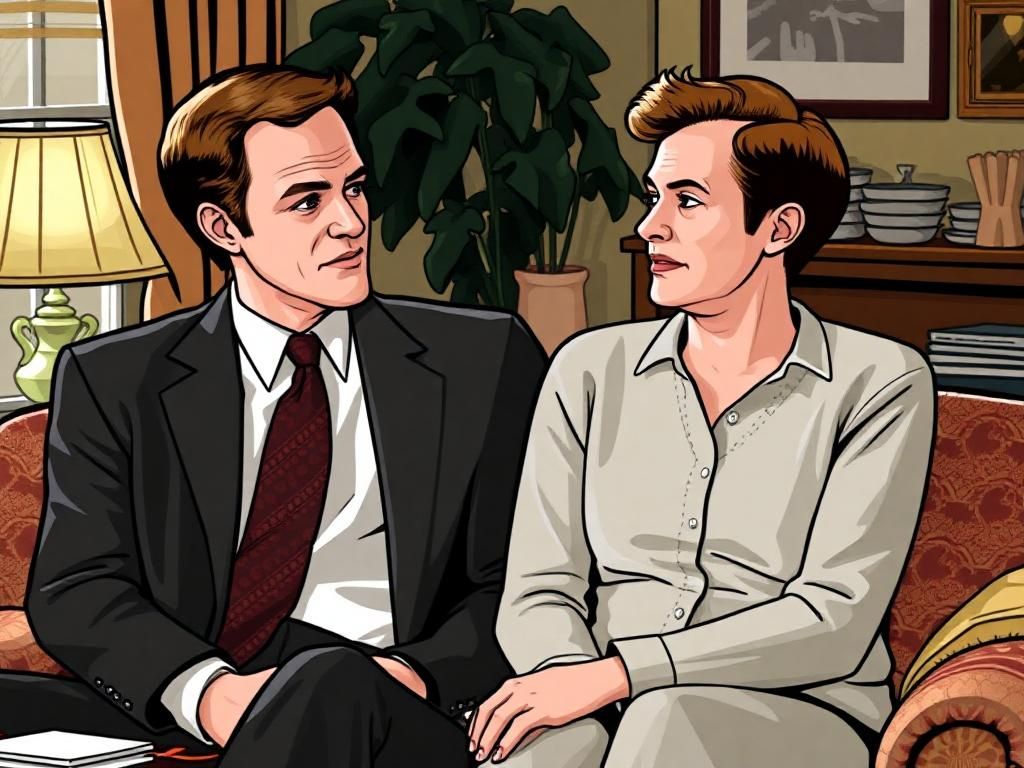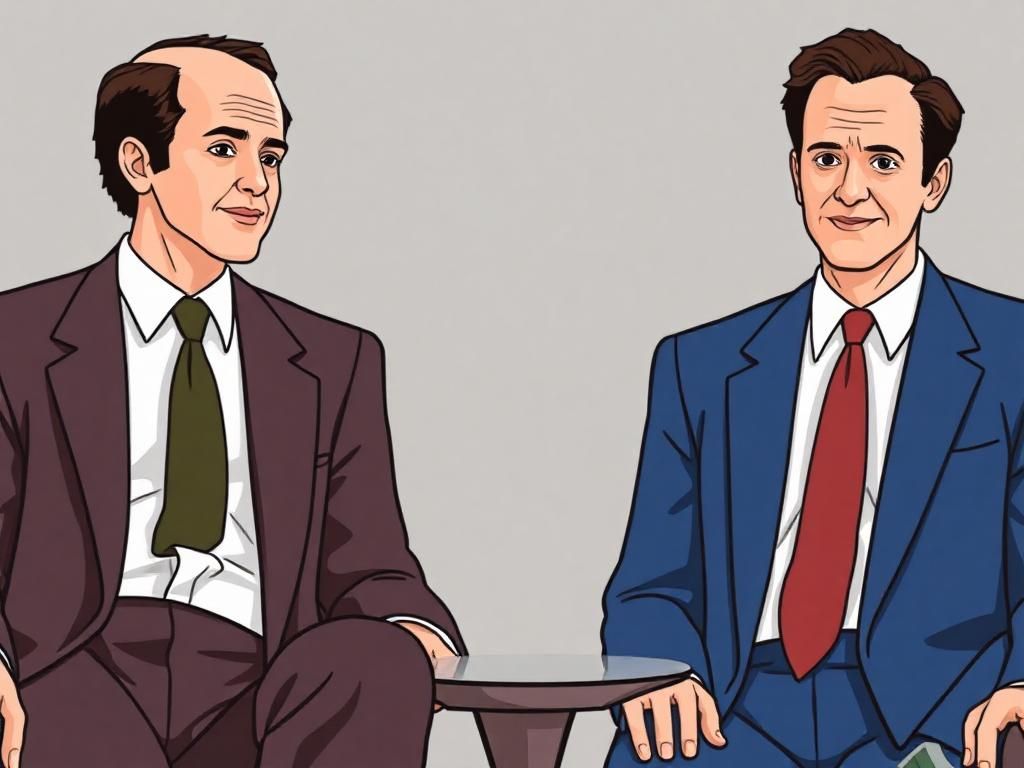Frasier is not just a name; it represents a cultural phenomenon that has transcended its original context as the title of a popular TV show. The **Frasier meaning** resonates deeply within popular culture, symbolizing wit, sophistication, and the challenges of modern relationships. This article seeks to explore the significance of “Frasier” in various contexts, tracing its origins, themes, and lasting impact on audiences.
Origin of the Term “Frasier”
Etymology
The term “Frasier” primarily comes from the surname, which has Scottish origins. This name stems from the Gaelic “Frasair,” meaning “the one who is from the thicket” or “the one who dwells in a copse.” This historical context allows us to see how a simple surname can evolve into a broader cultural reference. In contemporary settings, the *Frasier meaning* extends beyond its etymology to embody the legacy of its namesake’s television counterpart.
Television Show “Frasier”
The celebrated television show “Frasier” premiered in 1993 as a spin-off of the successful sitcom “Cheers.” It was created by David Angell, Peter Casey, and David Lee. The show follows the life of Frasier Crane, a psychiatrist who moves back to his hometown of Seattle after his divorce. The main characters include Niles Crane, Frasier’s brother, who shares his intellectualism and love for opera; Daphne Moon, their quirky housekeeper; and Martin Crane, their father, a retired police officer. Together, these characters intricately weave a narrative that explores family dynamics, mental health, and the quirks of high society, contributing richly to the **Frasier meaning**.
Themes and Meanings in “Frasier”
Intellectualism and Psychology
Frasier Crane, as a psychiatrist, embodies a strong intellectual presence in the series. The show delves into matters of the mind, employing psychological insights to resolve conflicts and navigate relationships. Frasier often uses his expertise to reflect on his own life dilemmas, making psychology a recurring theme throughout the series. This direct connection to mental health not only entertains but informs viewers, encouraging a dialogue around personal well-being.
Family Dynamics
The relationships within the Crane family serve as a central pillar to the show, exploring themes of sibling rivalry, parental relationships, and personal growth. The ongoing tension between Frasier and Niles highlights a complex brotherly bond filled with rivalry, jealousy, and love. Their interactions often lead to both comedic and heartfelt moments that drive the narrative forward, emphasizing how familial ties can both challenge and enrich our lives.
Culture and Class Commentary
“Frasier” provides commentary on the affluent lifestyle of its main characters while critiquing societal norms. The show satirizes the neurotic tendencies of the cultural elite, often featuring Frasier and Niles’s pretentious behaviors. Through humor, it raises questions about class, privilege, and the quest for identity, thereby enriching the **Frasier meaning** as it reflects on the flaws and virtues of high society.
The Impact of “Frasier” on Popular Culture

Awards and Recognition
“Frasier” received considerable accolades during its run, including a staggering 37 Primetime Emmy Awards, making it one of the most-awarded shows in television history. Its critical acclaim extended into popular culture, securing a spot as a classic sitcom that resonates with viewers across generations. The legacies of its characters and storylines highlight the transformative nature of the **Frasier meaning** within popular discourse.
Influence on Other Television Shows
The innovative storytelling and character-driven narrative of “Frasier” have paved the way for many subsequent sitcoms. Shows like “How I Met Your Mother” and “The Good Place” draw upon the formulaic elements established in “Frasier,” blending humor with emotional depth. This influence underscores the importance of character development and relationship dynamics in television, enriching the overall viewing experience.
Memorable Quotes and Catchphrases
“Frasier” is beloved for its witty dialogue and iconic quotes that encapsulate the humor and heart of the show. Phrases like “I’m listening” and “It’s a pleasure to hear your voice!” have created a cultural lexicon, contributing to its charm and relatability. Analyzing these quotes unveils their cultural significance, encapsulating sentiments that resonate with audiences, further establishing what **Frasier meaning** embodies.
| Award Type | Total Wins | Notable Mention |
|---|---|---|
| Primetime Emmys | 37 | Outstanding Comedy Series (5 wins) |
| Golden Globe Awards | 8 | Best Television Series – Musical or Comedy |
| Screen Actors Guild Awards | 6 | Outstanding Ensemble in a Comedy Series |
Current Relevance of “Frasier”
Revival and Reboots
The upcoming revival of “Frasier” has generated immense anticipation. The original cast members, particularly Kelsey Grammer, returning as Frasier Crane, promises to showcase the character grappling with new challenges while remaining grounded in the beloved show’s roots. This revival aims to connect modern audiences with timeless themes explored in the original series, thereby reinforcing the **Frasier meaning**.
Ongoing Cultural References
Modern media continues to reference “Frasier,” signifying its lasting influence. Television episodes, movies, and even social media utilize the show’s iconic scenes and conversations, attesting to its relevance in discussions about mental health, relationships, and societal issues. This persistent acknowledgment shows how the **Frasier meaning** extends into contemporary dialogues far beyond its initial airing.
Conclusion
The multi-faceted **Frasier meaning** delves deep into themes of intellectualism, family, and societal critique. Its enduring legacy motivates a reflection on how it shaped modern sitcoms and maintained a cultural presence that even newer generations embrace. Understanding the complexities of “Frasier” enriches our grasp of enduring cultural references while uncovering the layers of humor and human experience depicted in the show.

References
FAQs
What is the **Frasier meaning** in pop culture?
The **Frasier meaning** encompasses themes of psychology, family dynamics, and societal critique, making it a crucial reference point in discussions about modern relationships and culture.
How many awards did “Frasier” win?
“Frasier” won 37 Primetime Emmy Awards, along with numerous other accolades, including Golden Globe Awards.
What themes are explored in “Frasier”?
Key themes include intellectualism, family dynamics, class commentary, and mental health, all intertwined through humor and character interactions.
Are there any modern references to “Frasier”?
Yes, “Frasier” continues to be referenced in modern media, reflecting its ongoing relevance in contemporary cultural conversations.
Who created the TV show “Frasier”?
The show was created by David Angell, Peter Casey, and David Lee, initially as a spin-off from “Cheers.”
Is there a “Frasier” revival in the works?
Yes, a revival of “Frasier” is forthcoming, featuring Kelsey Grammer reprising his iconic role, with new adventures that tie back to the original series.
What is the significance of Frasier Crane’s character?
Frasier Crane represents the intersection of intellectualism and emotional vulnerability, making him a relatable figure who navigates the complexities of life and relationships.
How does “Frasier” critique societal norms?
The show satirizes the behaviors and pretensions of upper-class individuals, using humor to critique the cultural elite.
What makes “Frasier” a classic sitcom?
“Frasier” is considered a classic due to its clever writing, well-developed characters, and the successful blend of humor with poignant themes, establishing a relatable narrative for diverse audiences.
Can “Frasier” be relevant for today’s viewers?
Absolutely, the themes explored in “Frasier,” such as family relationships and mental health discourse, remain incredibly relevant to today’s audiences, making it both a nostalgic and modern viewing experience.
